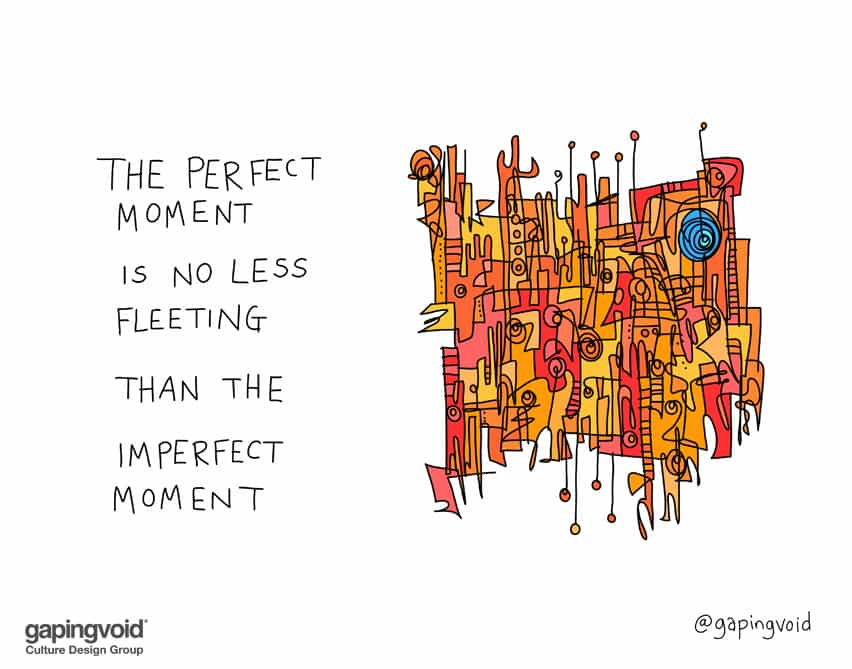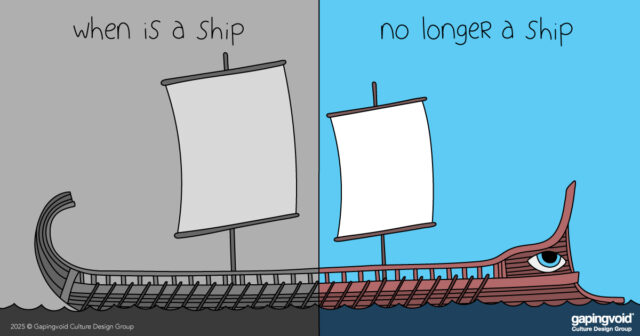
When I was twenty years old I was having the time of my life (Mainly because, just like most people at the same age, I had awesome friends).
But I also remember this being the first time I felt acute sadness in the knowledge that this awesome time was temporary, as all times are. It didn’t seem fair, somehow.
It was only years later than I found out that the Japanese actually have a word for this feeling: From The Oxford Dictionaries:
Mono no aware
This word combines mono, or ‘thing’, with aware, which means sensitivity or sadness, to connote a pathos engendered by a sense of the fleeting nature of life. This gentle sadness accompanied by a sense of the transitory nature of beauty lies at the heart of Japanese culture. Accepting this impermanence can lead to a sense of joy in the present moment, however insubstantial it may be, and even a recognition that beauty and transience are two parts of a whole.
Upon further digging, one finds that the fleeting impermanence of things plays a central part everything Japanese: art, religion, philosophy, design…
But why shouldn’t a central tenet of existence inform our most important world views? Maybe the Japanese could teach us Westerners a thing or two. We in the West are always trying to do the exact opposite- metaphorically casting everything in bronze: i.e. “Freezing time in metal”.
Or as the Englishman W. H. Davis put it, “No time to turn at Beauty’s glance/And watch her feet, how they can dance.”
And that’s can be a mistake.



